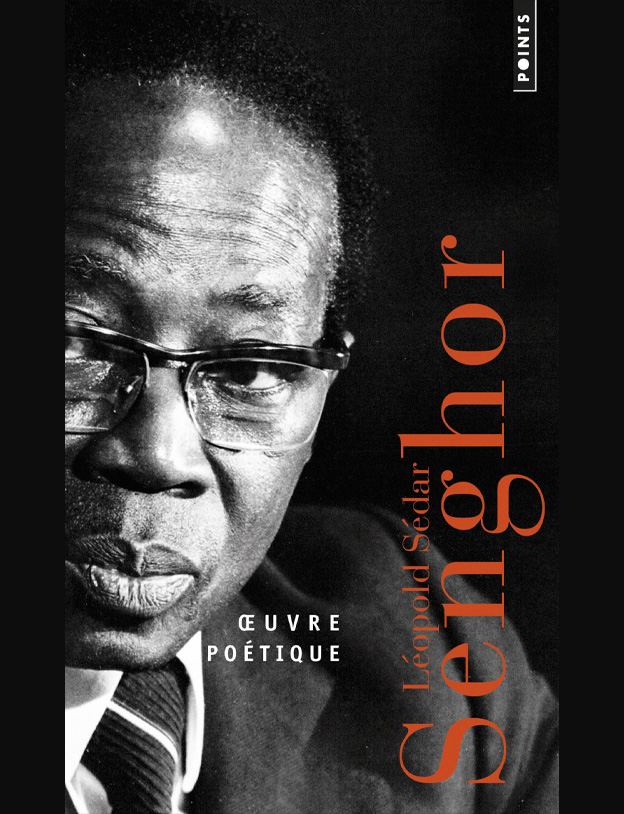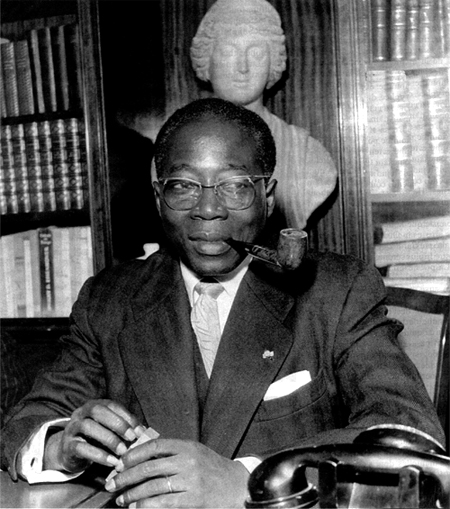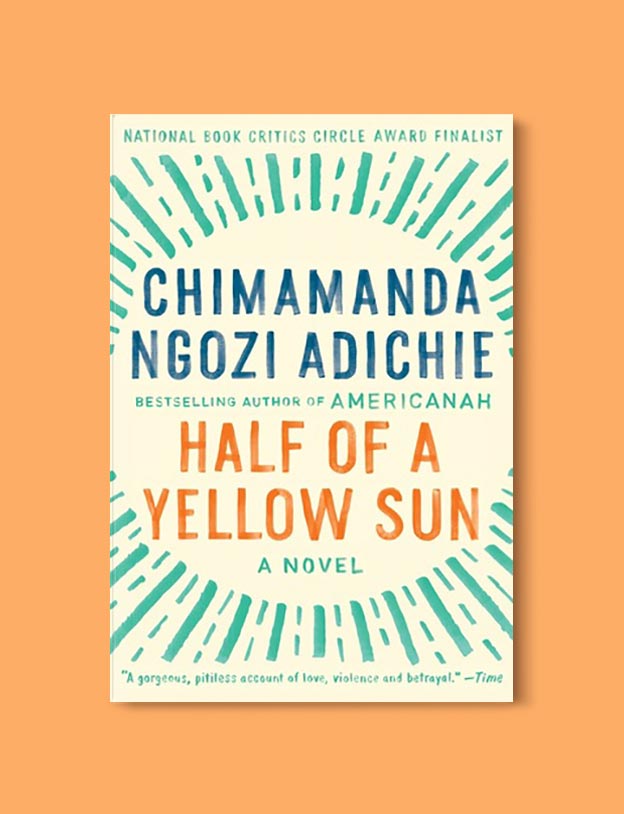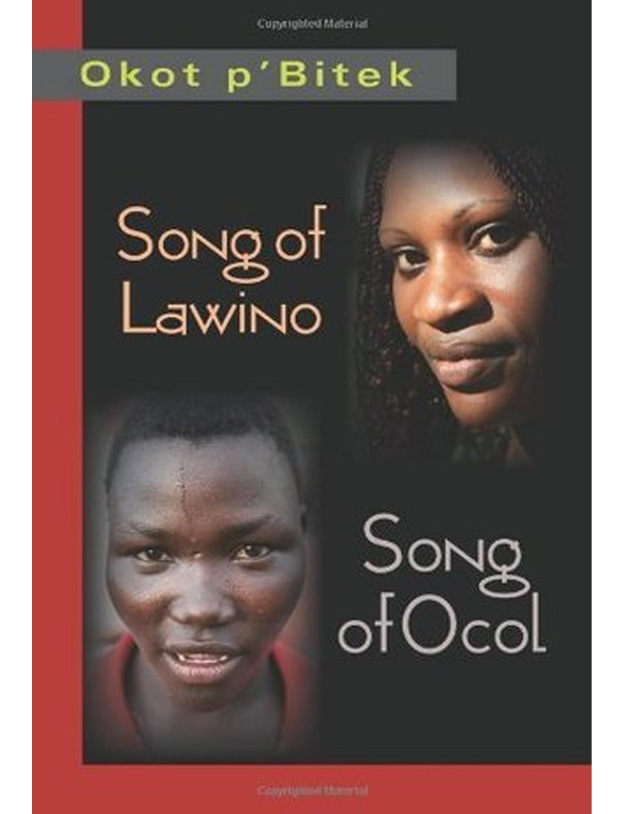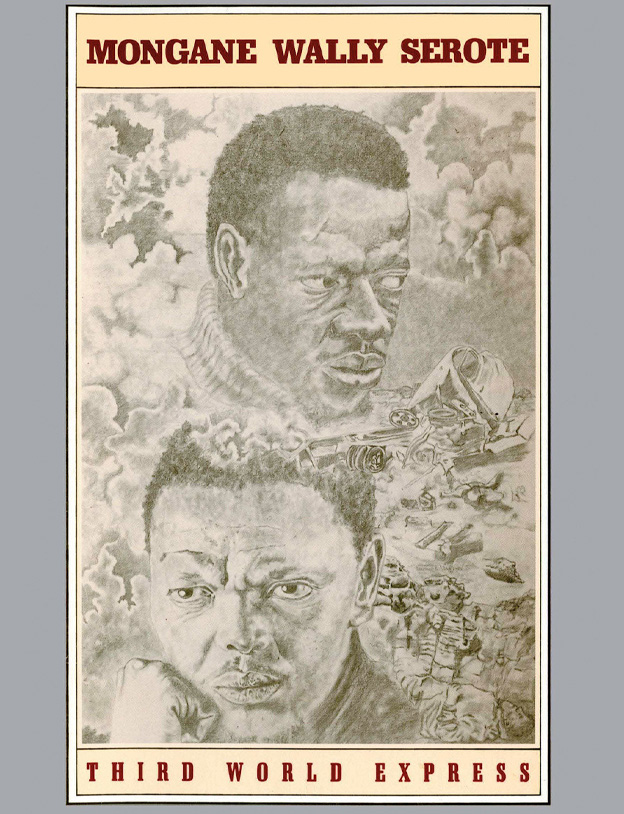Oeuvre poétique (English Version) – Léopold Sédar Senghor
Plot Summary
Senghor's Oeuvre poétique is basically a collection of his poetry. His life's poetic work gathered together. It's not just one book with one story; it's like opening a chest full of his thoughts, feelings, and struggles put into poems over many years.
What makes his poetry special is that he tried to bring together two worlds: Africa and Europe. He was African, from Senegal, but he studied and lived in France for a long time. So, his poems are like bridges between African traditions and French literary style. He wrote in French, but the soul of his poems rest in African drums, images, myths, and rhythms.
In Oeuvre poétique, Senghor writes about African Identity/pride, colonial pain/hope for freedom, love/human connection, nature and the idea of Négritude.
So, when you read Oeuvre poétique, you're not just reading poems, you're walking into a conversation about who we are, how cultures can meet, and how art can heal wounds while keeping memory alive.
About the Author
Léopold Sédar Senghor (1906–2001) was not just a poet. He was also a politician, teacher, and thinker. One of those rare people who can carry the weight of both art and leadership.
He was born in Senegal, in a small town called Joal. His family was Serer, and he grew up surrounded by African traditions, folktales, and community life. These early roots would shape his poetry deeply.
He moved to France to study, and he became the first African to earn the title of agrégé in grammar, which is like being officially recognized as a master of language. While in France, he met Aimé Césaire from Martinique, and together they shaped the idea of Négritude.
Senghor believed that Black culture and identity had their own beauty, philosophy, and rhythm. He wanted to free Black people from the shame colonialism had placed on them.
He wasn't just writing poems. He also became the first president of Senegal when the country gained independence in 1960. He ruled for 20 years. What's fascinating is that even as a president, he kept being a poet. He believed poetry and politics weren't enemies, they could both serve humanity.
After leaving politics, he continued writing, thinking, and teaching. He became the first African to be admitted into the Académie Française, the most prestigious literary institution in France. This showed how respected he was, not only in Africa but in the world of literature.
Senghor is remembered as a "poet-president," a man who dreamed of a world where Africa and Europe, tradition and modernity, black and white, could meet and enrich each other instead of clashing.
latest video

nia via inbox
Stay connected. Subscribe and get updated on what's new with Nia!

